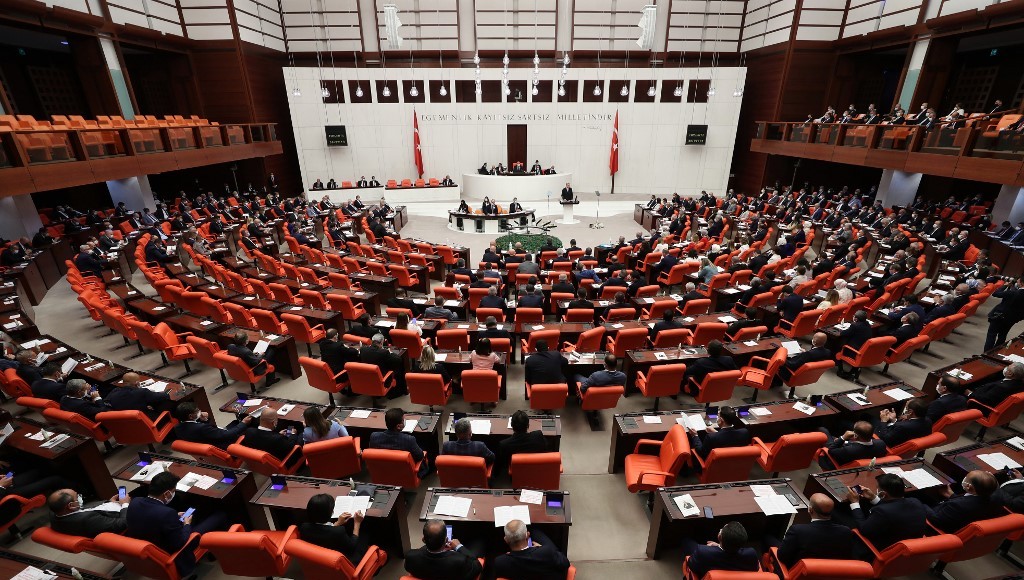Turkey’s parliament on Wednesday unanimously ratified the Paris Agreement on climate change, more than five years after Ankara first signed the landmark deal on cutting emissions that contribute to global warming, Agence France-Presse reported.
The vote followed President Recep Tayyip Erdoğan’s announcement at the UN General Assembly in September that Turkey would implement the accord in time for next month’s UN Climate Change Conference in Glasgow.
Turkey has felt the full force of climate change, with a rapid succession of floods and wildfires killing some 100 people in July and August.
Swathes of the country have also been suffering through an extended drought.
The crises have heaped political pressure on Erdoğan to tackle greenhouse emissions blamed for global warming, which scientists say is contributing to increasingly extreme and more frequent adverse weather events.
Nearly 200,000 hectares (around 480,000 acres) of forest have been scorched in Turkey this year — more than five times the annual average for 2008-2020, data from the European Forest Fire Information System (EFFIS) show.
Before Turkey’s ratification, the Climate Action Tracker project said Ankara’s efforts to reach the Paris accord’s goals were “critically insufficient.”
Climate change has become one of the greatest issues of concern to Turkey’s youth, millions of whom are set to vote for the first time in elections expected in 2023.
Some 95 percent of young people in Turkey believe climate change is one of the biggest threats facing the country, according to a report last month by the British Council as part of its Global Youth Letter on Climate Action.
Turkey’s reticence to ratify the accord came over disputes about the amount of funding afforded to specific countries and timelines for putting stricter regulations into place.
Turkey’s total greenhouse gas emissions rose by 157.7 percent between 1990 and 2019, according to the state statistics service.
One Western diplomat said Turkey had invested strongly in the infrastructure for renewable energy, including solar and wind, but remained weighed down by its reliance on polluting coal.
“Turkey’s policy on the environment is reactionary, as we saw with the mucilage and the debate around importing European plastic waste,” the Western diplomat said.
The shores of İstanbul were covered this summer by a viscous mucilage, also known as “sea snot”, which scientists blamed on an accumulation of pollutants being dumped into the Sea of Marmara.
The government this year banned the import of some plastic waste products from countries including France and Britain, after a public backlash over images showing the waste dumped in ditches or burned by roadsides.


